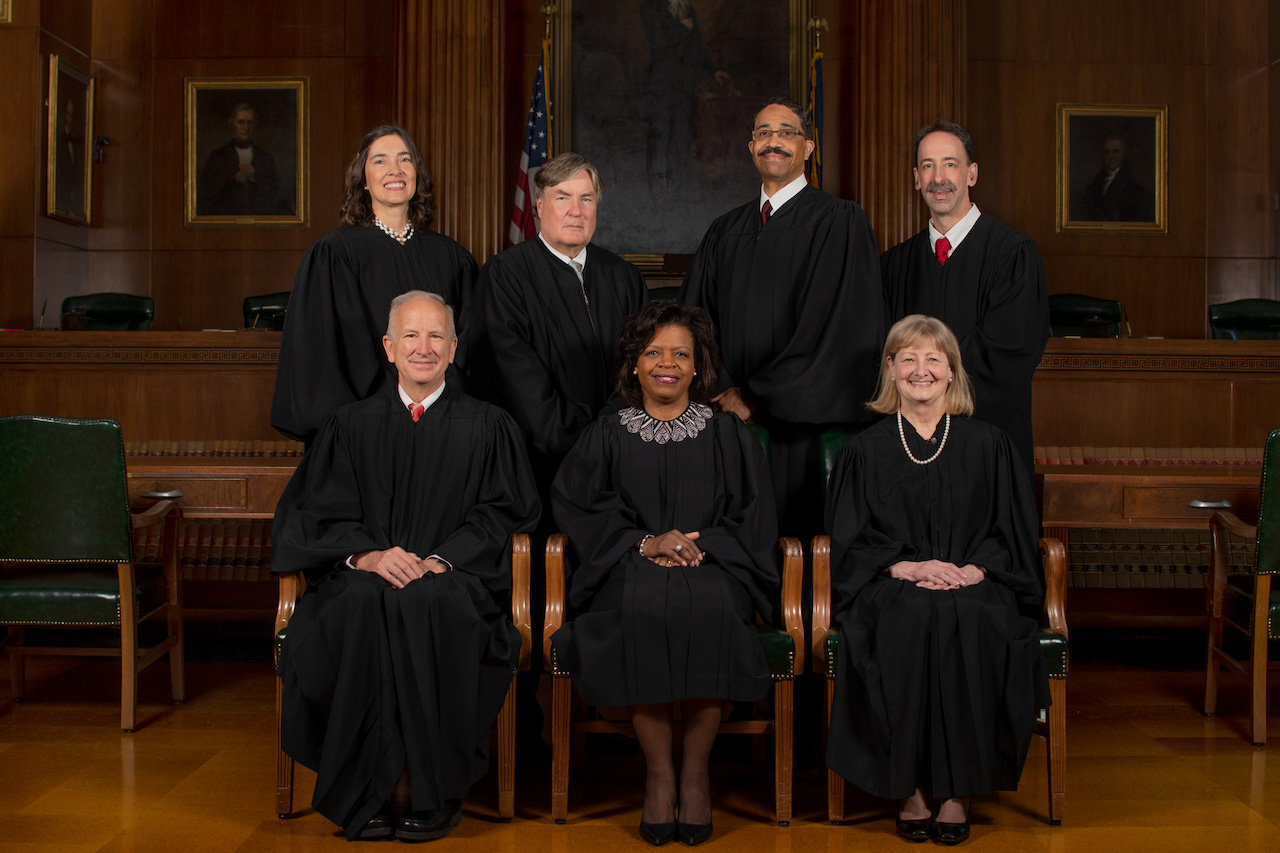As part of its bicentennial celebration, the Supreme Court of North Carolina will hold its May sessions of court in Halifax, Greenville and New Bern Monday through Wednesday.
The court will convene in Halifax at the courthouse on Ferrell Lane Monday with the first case being heard at 9:30 a.m. and the second at 11 a.m.
“This year marks the 200th anniversary of the Supreme Court of North Carolina. Continuing the momentum of the court sessions held in Western North Carolina in 2018, the Court is pleased to bring the bicentennial celebration to communities in Eastern North Carolina beginning with Halifax, Greenville and New Bern,” said Chief Justice Cheri Beasley.
Under state law, the Supreme Court can meet in only two other cities outside of Raleigh — Edenton and Morganton.
The General Assembly granted the Supreme Court’s request to allow the justices to convene in cities across the state during the Court’s 2018-2020 bicentennial celebration.
Chief Justice Beasley will preside over oral arguments, joined by the six associate justices of the court. The legal communities of each county also will gather for the sessions.
The first case the court will hear is a local case, Daughtridge v Tanager Land LLC.
This case involves a boundary dispute between plaintiffs, Albert S. Daughtridge Jr. and Mary Margret Holloman Daughtridge.
Both parties own land in Halifax County that shares a common boundary. Plaintiffs’ and defendant’s titles descend from a common source and reference a plat map that is incorporated by reference.
However, the map is unclear as to what the boundary is and where the boundary line between their respective lots is located.
The second case is State v Robert Dwayne Lewis, who is appealing his convictions for three counts of armed robbery, one count of attempted armed robbery, and five counts of kidnapping related to a string of robberies at businesses in Hoke County.
After the trial court denied his motion to suppress, Lewis pleaded guilty to all charges, reserving his right to appeal the denial of his motion to suppress.
On appeal, Lewis argues that the trial court erred in denying his motion to suppress because the affidavit law enforcement submitted with its search warrant was insufficient to establish probable cause for a search of the cars and house where the evidence was found.








